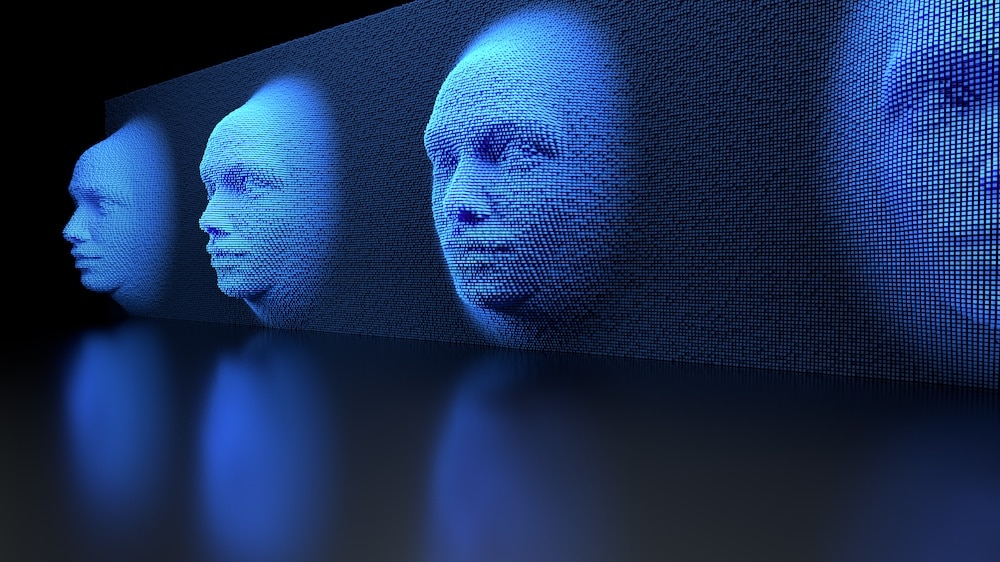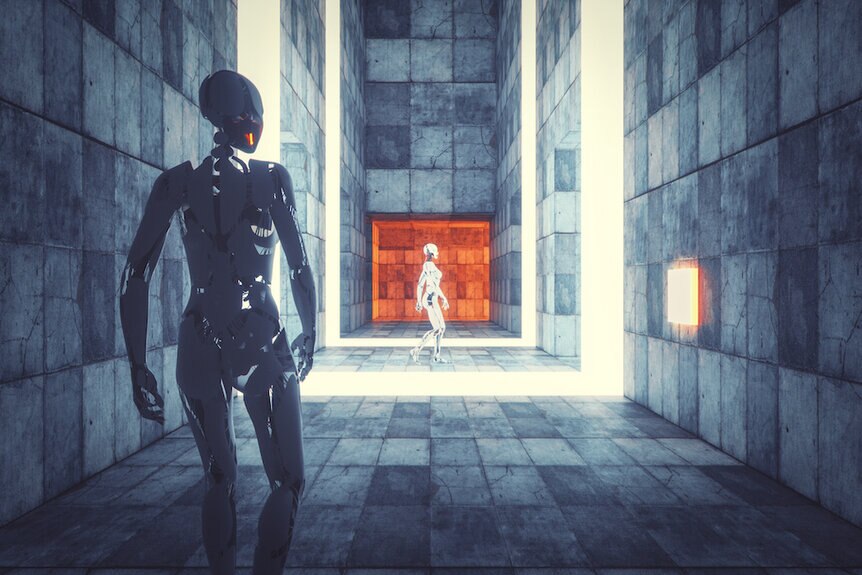Create a free profile to get unlimited access to exclusive videos, sweepstakes, and more!
The next wave of artificial intelligence could have minds that wander
Next, give them the ability to get a song stuck in their heads.

While modern artificial intelligences have made incredible strides over the last couple of decades, we still haven’t been able to achieve the sort of human-like thought processes which might lead us to true AI.
Chat bots and digital assistants like Siri and Alexa make decent simulations of intelligence some of the time, but they are defined by strict parameters which lead them to a limited number of responses or solutions. How many times have you asked Siri a seemingly simple question only to be met with a response which makes it clear it doesn’t really understand what you’re saying or have the ability for dynamic problem solving?
This sort of deterministic processing remains a stumbling block in the path toward more advanced AI, but scientists from the University of Southern California, along with collaborating colleagues, have developed new hardware which seeks to address the challenge. Their findings were published in the journal Nature Communications.
Scientists working on brain-inspired computing look to the human mind for guidance as to how artificial intelligences can operate. One of the benefits of human thought, when compared with computers, is our ability to let our minds wander.
Humans have a lifetime’s worth of input, experience, and memories which build our picture of the world, and those inputs often arise in our awareness seemingly unbidden. These chaotic trains of thought might seem distracting, and certainly they can be, but they also bring with them the opportunity to see problems from novel points of view.
Conversely, when computers operate under strictly defined pathways, they might get stuck pursuing a particular solution which could be suboptimal or not work at all. With this in mind, the team set out to develop hardware which mimic human neurons and introduce an element of randomness or “stochasticity” into the equation.
While artificial intelligences are often thought of as consisting solely, or at least mostly, of hardware, the team achieved randomness in problem solving by introducing new tunable hardware called memristors — a portmanteau of memory resistor.
These devices can allow for randomness based on the random movements of atoms and ions, and the team took the traditional device a step further. Historically, memristors have two terminals which limit their tunability. In this work, a third terminal was added allowing for increased tunability.
The memristors act as artificial neurons which fire in response to signals and cause the machine to begin searching for a solution to the problem set before it. As the AI evaluates possible solutions, it analyzes variables and assigns a value based on their similarity to one another. Those variables with values closer to one are considered very similar.
This analysis might cause a common AI to focus on particular solutions while ignoring others, which might not always be the best strategy for finding the best answer. By tuning the memristors, however, scientists can tweak those values, causing all of them to carry the same weight and forcing the AI to search broadly.
In short, it causes the machine to allow its mind to wander, to think outside the box, and to find any and all solutions which can work instead of prematurely clustering on one solution — even if it’s a correct one — too quickly.
Moreover, it turns out this can actually be more efficient than the traditional deterministic method and use less energy. Consider that the next time you find yourself humming the tune to a commercial jingle you haven’t heard since you were a kid, or even remembering the time you embarrassed yourself in front of a crowd.
The wanderings of your mind are what allow you to find unique and wonderful solutions to everyday problems. And before long, computers might have to suffer the same psychic traumas, for better or for worse.



























